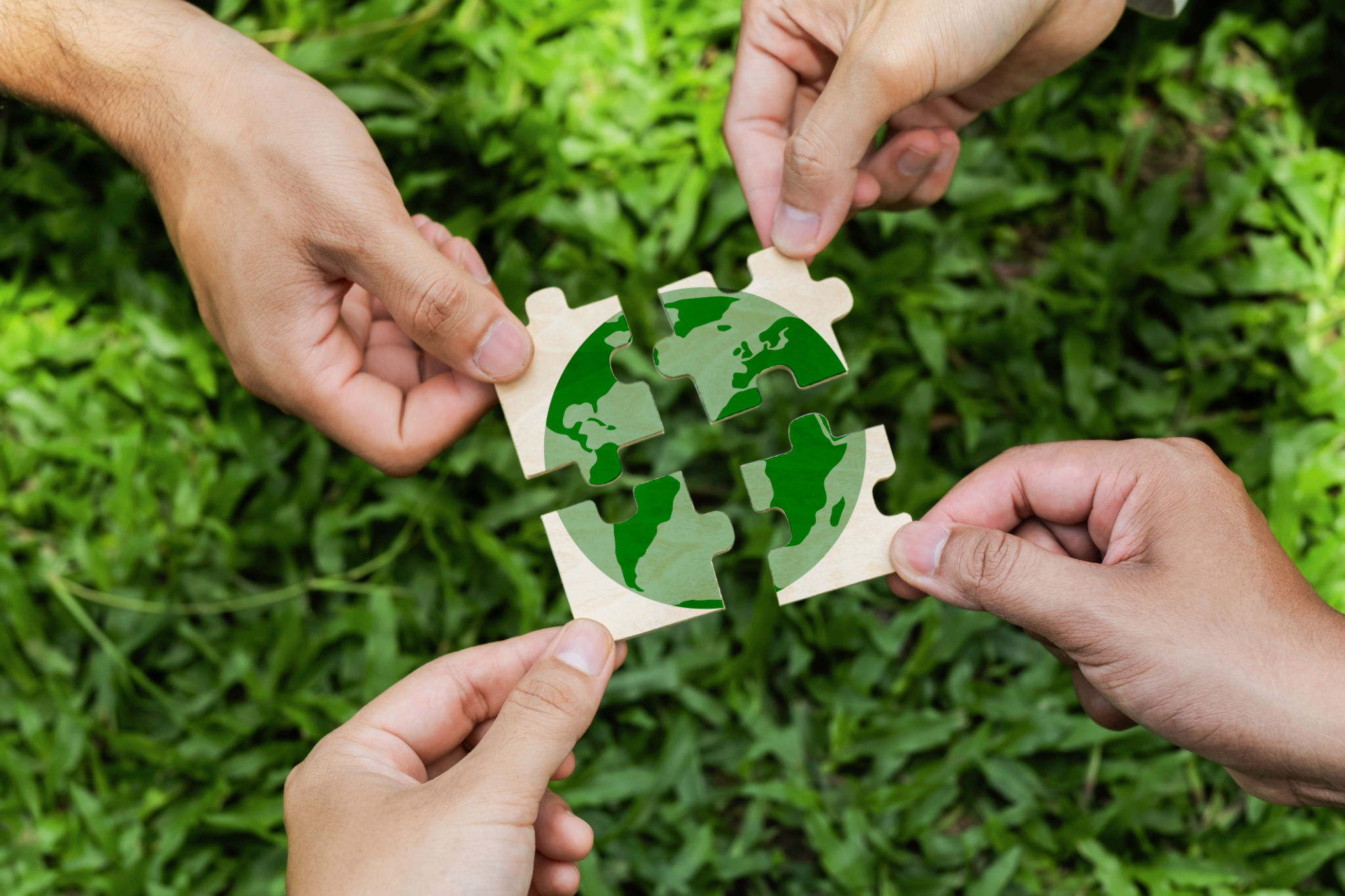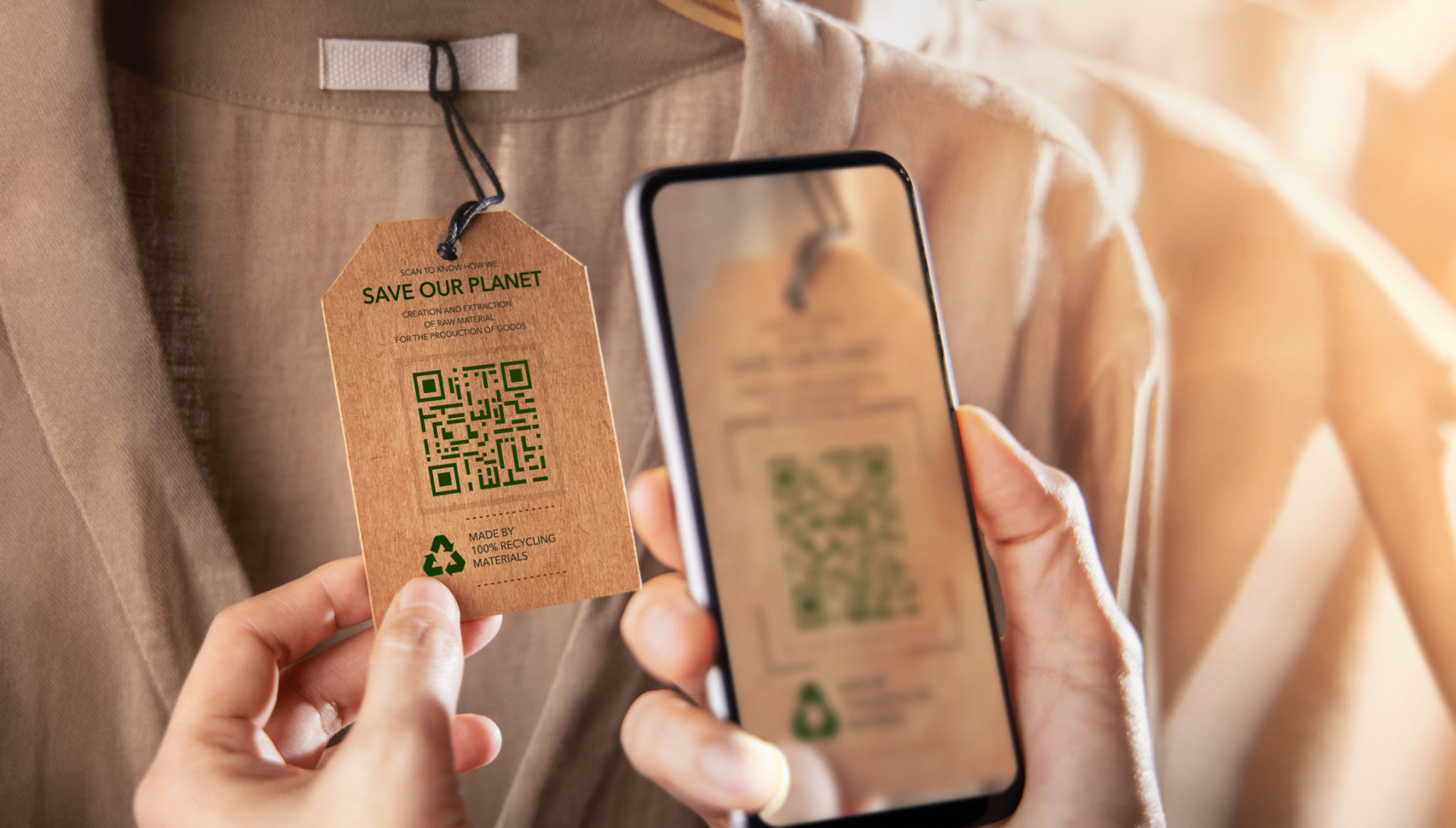Myth-Busting: Common Misconceptions About Eco-Friendly Practices in Walton County
Understanding Eco-Friendly Practices
Eco-friendly practices are becoming increasingly popular as communities strive to reduce their environmental footprint. However, misconceptions about these practices can lead to confusion and hesitation in adopting them. In Walton County, like many other places, several myths persist about eco-friendly initiatives. Let's take a closer look at some of these misconceptions and uncover the truth behind them.

Myth 1: Eco-Friendly Products Are Always Expensive
One common belief is that eco-friendly products are always more expensive than their conventional counterparts. While some sustainable products may have a higher upfront cost, this isn't universally true. Many eco-friendly practices can actually save money in the long run. For example, switching to energy-efficient appliances or LED lighting can significantly reduce utility bills over time.
Moreover, as demand for sustainable products increases, more affordable options are becoming available. Bulk purchasing and local sourcing can also help reduce costs, making eco-friendly choices accessible to a broader audience.
Myth 2: Eco-Friendly Practices Are Inconvenient
Another misconception is that adopting eco-friendly practices requires a drastic lifestyle change that is inconvenient and time-consuming. In reality, many sustainable habits are simple to integrate into daily life. For example, reducing single-use plastic by carrying reusable bags or bottles requires minimal effort yet has a substantial positive impact on the environment.

Additionally, community initiatives in Walton County, such as local recycling programs and farmer's markets, make it easier for residents to participate in eco-friendly practices without sacrificing convenience.
Myth 3: Small Actions Don't Make a Difference
There's a pervasive notion that individual actions are too insignificant to effect change. However, when combined, small efforts can lead to significant environmental benefits. For instance, if every household in Walton County reduced water usage by just 10%, the collective savings would be substantial.
Community involvement amplifies the impact of small actions. Joining local conservation efforts or participating in community cleanup events can foster a sense of collective responsibility and demonstrate the power of teamwork in achieving sustainability goals.

Myth 4: Eco-Friendly Means Sacrificing Comfort
Some people fear that going green means sacrificing comfort or quality. This myth couldn't be further from the truth. Many eco-friendly solutions offer enhanced comfort and quality compared to traditional options. For example, homes built with sustainable materials often provide better insulation, leading to more consistent indoor temperatures and improved energy efficiency.
Furthermore, organic foods and natural products can offer superior taste and health benefits compared to processed alternatives, enhancing overall well-being without compromising on quality.
Embracing Sustainable Practices
Overcoming these misconceptions is crucial for encouraging more people to embrace eco-friendly practices in Walton County. By understanding the real benefits and accessibility of sustainable options, residents can make informed choices that contribute to a healthier environment.
Ultimately, adopting eco-friendly practices doesn't have to be daunting or costly. With the right information and community support, it's possible to make meaningful changes that align with both environmental goals and personal lifestyles. Together, we can dispel myths and foster a more sustainable future for Walton County and beyond.